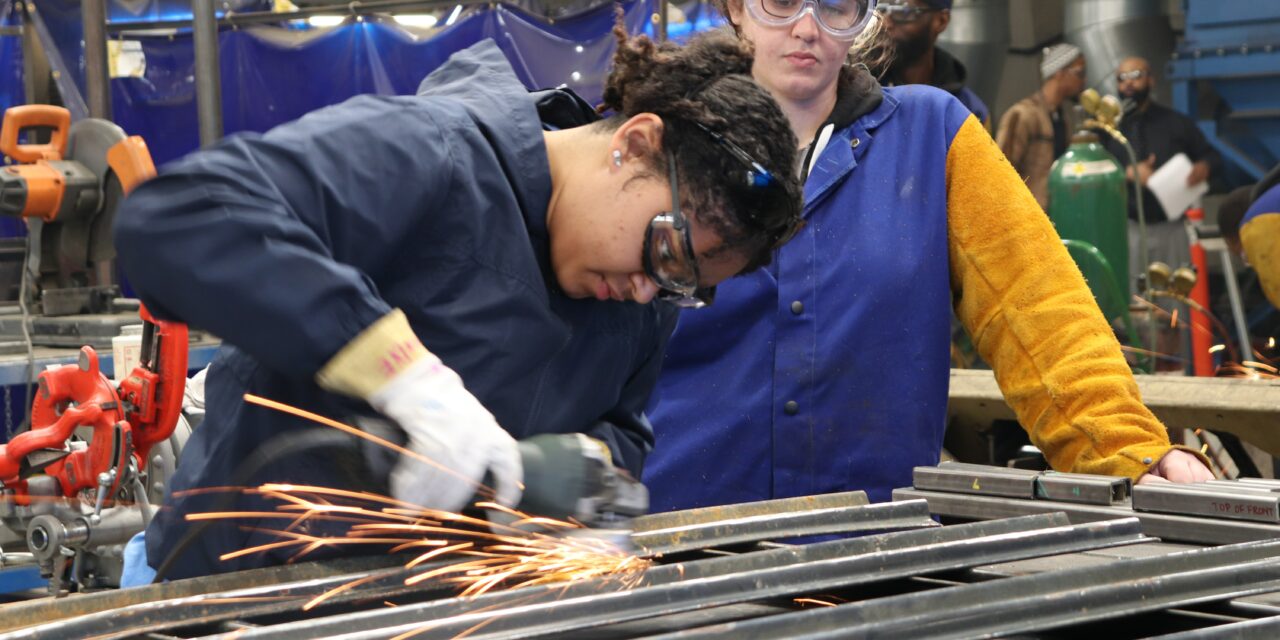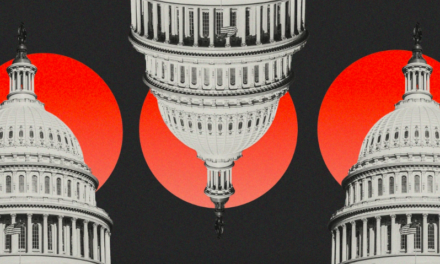Analysts from the Bank of America warn that aggressive measures against inflation stand to lead to a significant decrease in the employment scene by the first quarter of 2023.
While this sounds ironic, seeing how the US job market showed remarkable strength last month, how the Federal Reserve has been scheduling and implementing interest rate hikes to stem inflation is expected to slow down corporate growth and lower the number of new hires throughout all industries early next year.
When Employment Slows Down
In BA’s most recent report, its analysts predict that job growth in the United States may find itself shorn by half towards the end of this year.
According to BA’s head of US economics Michael Gapen, this development is not the soft landing many businesses expected to encounter at the end of 2022. Indeed, it is expected that nonfarm payrolls will start getting shorter as 2023 rolls in, essentially reducing the employment scene by 175,000 positions a month throughout the first quarter of the year.
However, Gapen warns that a monthly decrease in jobs may be the norm through much of the coming year. Indeed, this development may spark a much-dreaded economic recession in the first half of 2023.
Contrasting Forecasts
The Bank also expects unemployment to peak at 5.5% next year. However, analysts at the Fed have a more conservative forecast of 4.4% for 2023.
The quarterly jobs report released on Friday, October 7th, shows that the US exceeded expectations by adding 263,000 jobs as of the end of September. Likewise, the overall unemployment rate fell to 3.5%, matching the lowest level recorded since 1969.
But this is expected to change soon – and not for the better. The Fed has been raising interest rates at breakneck speed, and it has no plans to segue from its anti-inflation stance any time soon. It has even tempered its aggressive rate hikes to save the country from a recession.
The Bulls Weigh In
Meanwhile, some economic forecasters remain bullish as to the current state of the jobs market.
As the third quarter drew to a close, the Conference Board employment trend index, which features several key job market indicators, registered an uptick as of September 30th. Board officials see this as a sign that employment will, despite the circumstances, continue to grow over the next several months, though growth may not be as fast as it has been in previous months.
Also, even those expecting a recession don’t see a significant rise in the unemployment rate any time soon.














